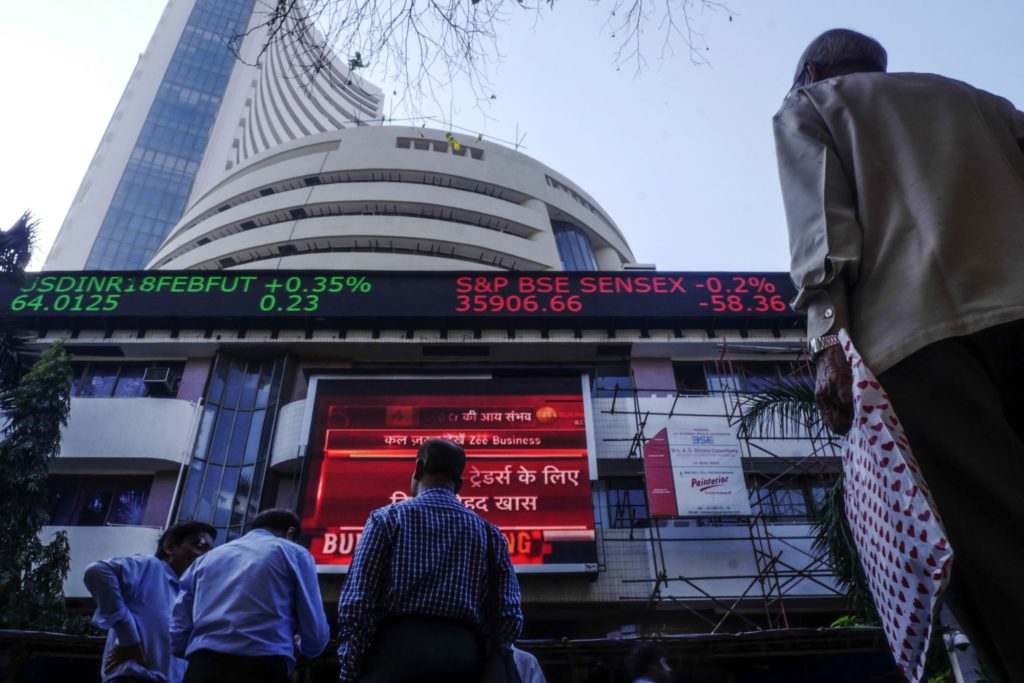India revamped stock buyback rules on Tuesday by blocking a popular route companies use to purchase shares from the open market, in a bid to make the process more shareholder-friendly.
(Bloomberg) — India revamped stock buyback rules on Tuesday by blocking a popular route companies use to purchase shares from the open market, in a bid to make the process more shareholder-friendly.
Buyback from the open market will be phased out in a gradual manner by April 2025, Securities and Exchange Board of India said in a statement. The regulator also shortened the time period allowed for buybacks through tender offers, a second method to repurchase shares in India.
While buying back shares through the stock exchange is a common practice in global markets, Sebi said its move is aimed at boosting transparency and protecting shareholders. Unlike the tender route, whereby shares are usually bought at fixed prices, share buybacks from the open market can happen much below the maximum buyback price.
“Changes will create a level playing field for all investors,” Chairwoman Madhabi Puri Buch said at a subsequent briefing.
India’s capital market regulator has been cracking down on irregularities that have been hurting retail investors since Madhabi Puri Buch became the first woman to head Sebi earlier this year. She has increased vigil over new age fintech companies and tightened disclosure norms for initial public offerings. Shareholder protection is sharply in focus after a spate of frauds and flop IPOs eroded returns for minority holders.
The tender offer route works better for retail investors versus the open market buyback because the former gives them more time to process and the latter may favor institutional investors as companies sometimes go to them during the bidding process, according to Rajat Agarwal, Asia equity strategist at Societe Generale SA.
The moves come after a panel earlier this year said the method is unfair to non-participating shareholders.
Meanwhile, Sebi is also relooking at a clutch of regulations, including reviewing takeover rules, while bankers are lobbying to change delisting norms.
The relentless rout in shares of India’s tech darlings since their much-hyped listings last year has driven some of them to use surprise tactics including buybacks to arrest the slide, drawing scrutiny from investors.
The loss-making parent of payments firm Paytm decided to buy back shares a little over a year since its Mumbai listing. Paytm’s stock lost 75% of its value in the first year, making it the world’s worst-performing large IPO in a decade.
“The Tender Route is extremely beneficial for the retail shareholder and phasing out the stock exchange route should be seen as a positive step,” Nilesh Sharma, a director at Samco Securities Ltd,, wrote in a note.
–With assistance from Ishika Mookerjee.
(Updates with more context and analyst comments)
More stories like this are available on bloomberg.com
©2022 Bloomberg L.P.










